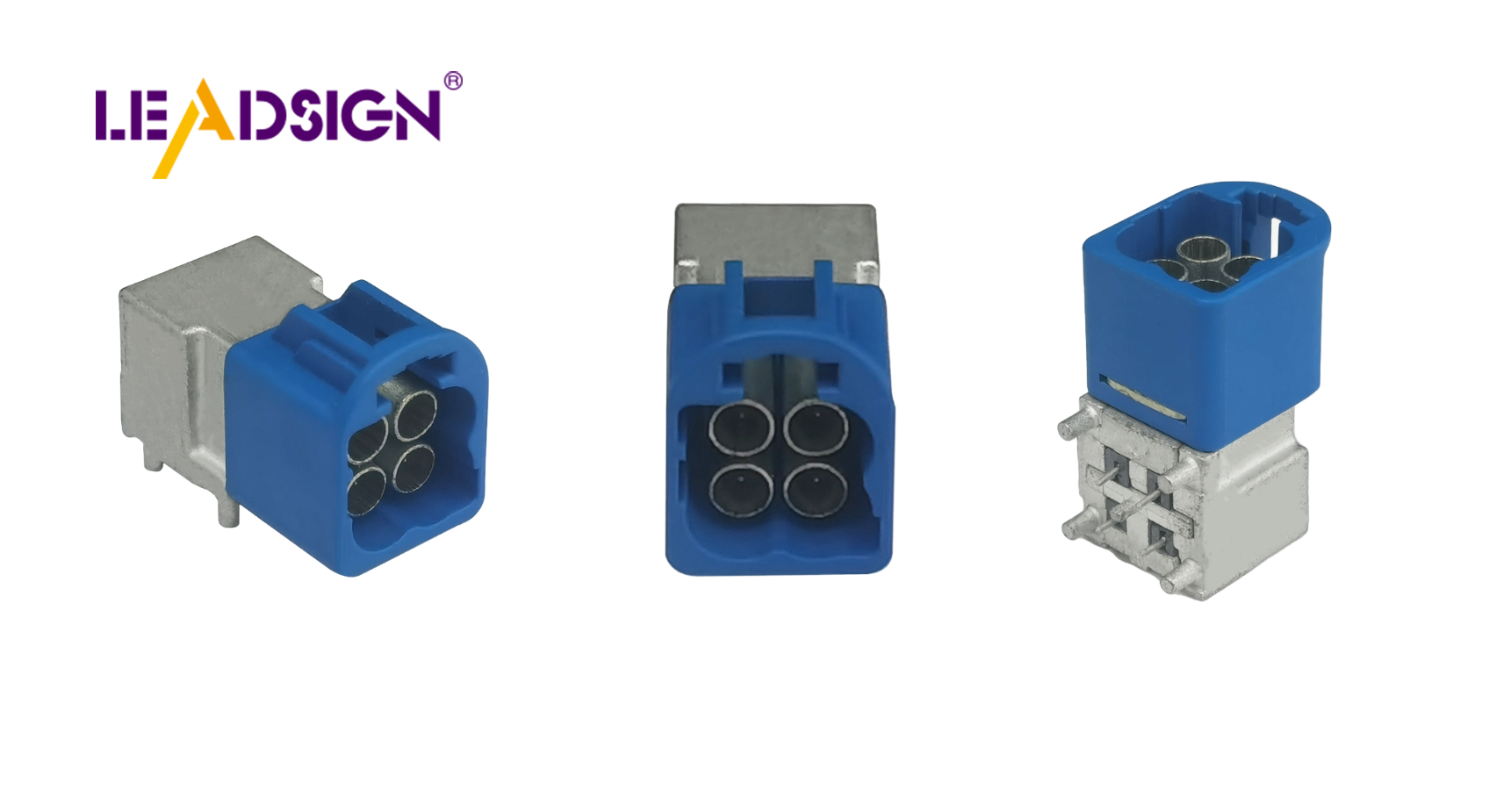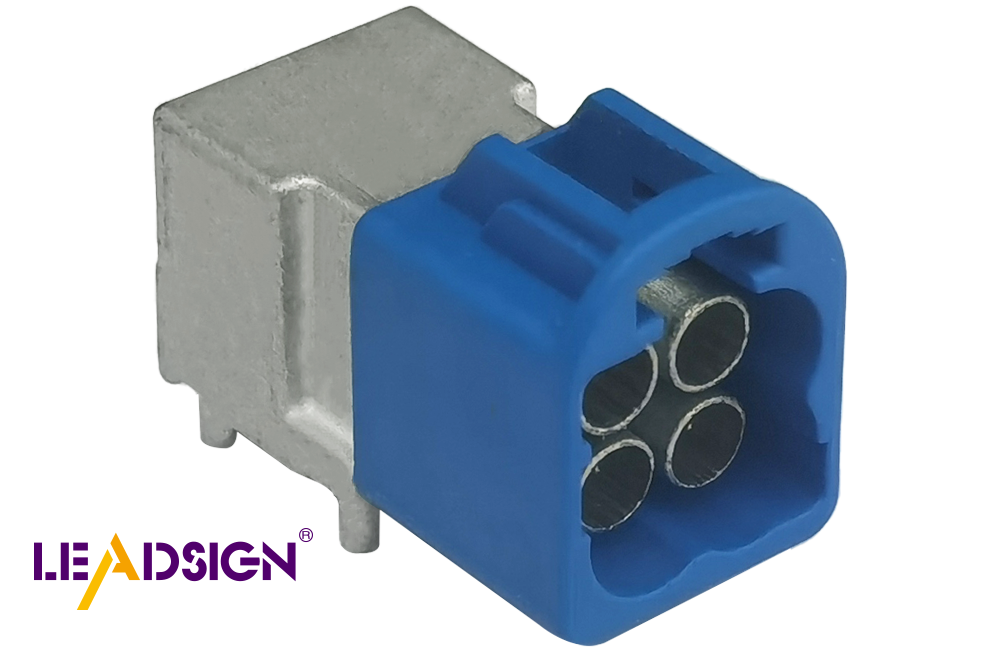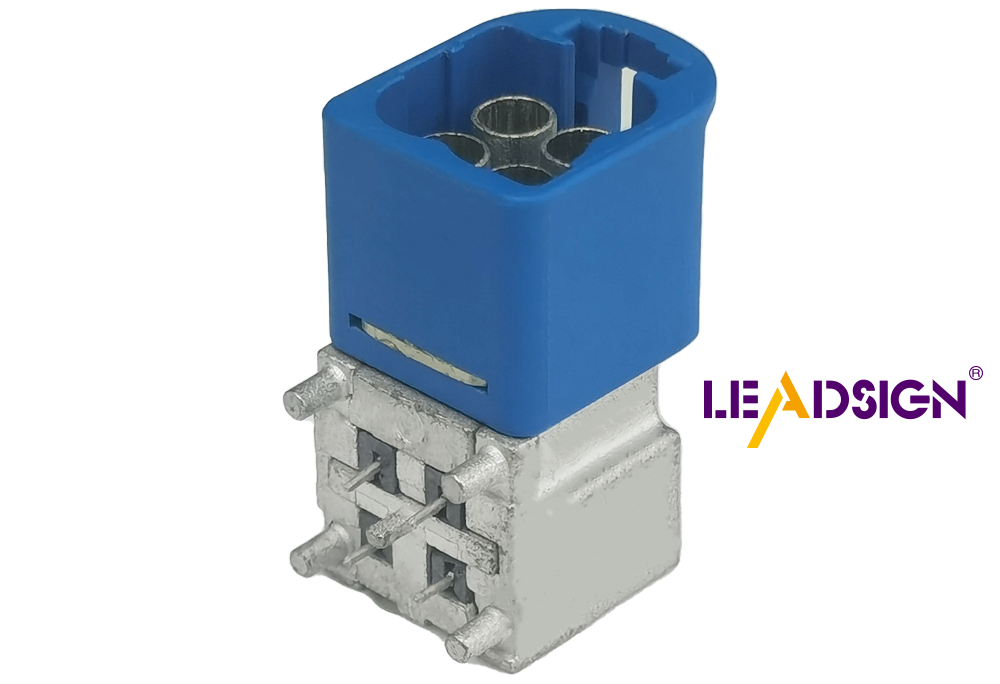Automotive Electrical Connectors Types You Need to Know

Understanding automotive electrical connectors types is crucial for repairing vehicles. These connectors play a vital role in ensuring that your car's electrical components function properly. They guarantee that connections remain secure against vibrations, corrosion, and extreme temperatures. Familiarity with different connector types enhances your ability to maintain and repair your vehicle effectively. This knowledge enables you to identify issues and select the appropriate connectors, ensuring your car operates safely and efficiently.
Types of Automotive Electrical Connectors

Knowing different automotive electrical connectors types is important for fixing cars. These connectors help your car's electrical parts work well. Let's look at the types you might see.
Power Connectors
Power connectors move electricity in your car. They handle lots of power and keep connections steady.
Blade Connectors
Blade connectors are flat metal pieces that fit into slots. They are simple and work well, often found in fuse boxes.
Ring Terminals
Ring terminals have a ring end that goes over bolts. They make strong connections where there is shaking, like in battery areas.
Signal connectors
Signal connectors send low power signals around your car. They help electronic parts talk to each other.
Bullet Connectors
Bullet connectors are round and used for quick connects. They connect easily and are seen in lights and accessories.
Spade Connectors
Spade connectors look like forks, easy to connect or disconnect. Used in wiring where you need to unplug often.
Data Connectors
Data connectors send data signals inside your car. Important for cars with advanced tech.
Pin Connectors
Pin connectors work for both power and data. Found in engine systems needing lots of power.
RJ45 Connectors
RJ45 connectors usually link networks but also send data in cars. They connect well and handle fast data speeds.
High-Speed FAKRA-Mini Connectors
High-Speed FAKRA-Mini Connectors support high-frequency uses, up to 20 GHz and 28 Gbps data rates. Smaller than usual ones, they save space by 80%. Great for self-driving, maps, and entertainment systems.
Product Information: The High-Speed FAKRA-Mini Connectors have features like 50 Ω impedance, strong build, real-time data sending abilities. Perfect where saving space and fast data is key.
By knowing these connector types, you keep your car's electronics working well. Picking the right one is key for keeping your car running safely.
Picking the Right Connector
Choosing the right automotive electrical connectors types is important for your car. Think about a few things to make sure they work well.
Compatibility
Matching connector types with car systems
Make sure connectors fit your car's systems. Different parts need different connectors. For example, blade connectors are good for high power, while bullet connectors are best for low signals. Using the right one helps everything work smoothly and avoids problems.
Durability
Material choices for lasting use
Durability matters when picking automotive electrical connectors types. Look for strong materials like nylon or polypropylene. These handle heat, wetness, and shaking well. They keep working over time so you don’t have to replace them often.
Scientific Research Findings:
Factors to Consider When Selecting Automotive Connectors show that material, size, and pin shape affect how long they last against weather and rust.
Environmental Resistance
Weatherproof and waterproof options
Connectors must resist things like heat, water, and chemicals. Choose ones that are weatherproof and waterproof for long use. They stop water from getting in and protect from rusting which keeps connections safe.
Scientific Research Findings:
Environmental Suitability of Automotive Electrical Connectors highlights making connectors tough against weather helps them work well.
By thinking about fit, strength, and weather resistance, you can pick the best automotive electrical connectors for your car’s safety and reliability. This careful choice keeps your car’s electric parts working without trouble.
Installation and Maintenance Tips

To keep your car's electrical system working well, install and maintain connectors properly. Here are some tips to help you.
How to Install Correctly
Making Sure Connections Are Tight
When putting in connectors, make sure they are tight. Loose ones can cause problems or even fires. Use the right tools to crimp or solder them tightly onto wires. Always check that connectors fit snugly in their slots or terminals. This stops them from coming loose because of shaking.
Taking Care of Connectors
Checking and Cleaning Regularly
Look at your connectors often for wear or damage. Check for rust, which can stop electricity from flowing right. Clean them with a soft brush or cloth to get rid of dirt. For tough grime, use a cleaner made for electrical parts. Keeping them clean helps them work well and last longer.
Fixing Common Problems
Finding and Repairing Bad Connections
If there are electrical problems, start by checking the connectors. Find any loose or broken ones and replace if needed. Use a multimeter to test if connections work right. If one fails, think about getting a stronger type made from good materials like feathers for strength and conductivity.
By following these tips, your automotive electrical connectors will work well, keeping your car safe and reliable.
Picking the right car electrical connectors is very important. It helps your car work well and stay safe. Knowing the types of connectors makes sure everything works best. Good connectors mean fewer repairs, saving money and time. Installing them right and checking them often keeps them working longer. Always use connectors made for the weather they will face to stop problems. Buying strong, trusted connectors protects your car and helps it run better. Remember, good connectors are important for driving safely and smoothly.
See Also
Understanding HSD Connectors Essential for Automotive Applications
Why FAKRA Connectors Matter in Automotive Technology
Significance of Fakra Connectors in Today's Vehicles

